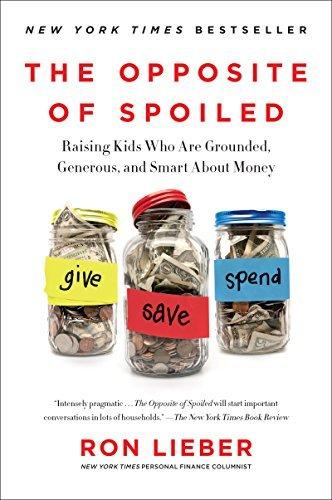-
Comments (2)
-
sewknot - August 28, 2022
There are lots of lists out there but I would say point out that kids develop at different speeds. Something one can do at 5 another may not master until they’re 8.
I trust that my kids would not play matches or lighters but there were others they’re in school with who I wouldn’t trust. You are the expert in what your child can manage/understand.Think about skills you want them to have and start working towards teaching them. If it’s something you don’t know you can learn together.
Scouts is a good place for them to learn alongside peers if this is an option.
Resilience is the ability to adapt quickly to changing situations. I think this comes from allowing children to build confidence by allowing them to navigate risks and learn from mistakes.
Encourage a growth mindset so they see failing as an opportunity to learn and grow rather than an ‘I’m useless I’m not even going to try’ mentality.
Confidence comes from familiarity; help children to practice skills starting with simple things and build complexity as they gain confidence. For example if your cooking, get them to fetch ingredients and measure for you, when they are confident doing this, get them peeling vegetables and then chopping. When you’re confident they can do so safely start teaching them to use the cooker/oven etc, progress to using a grill/camp stove/fire.
When you’re going a trip get them looking at maps and reading road signs etc.
Think about your own plans, do they know how to get to your designated meeting points? Without you? Can they use a phone to call your designated contact? My kids were taught to use a pay phone in pre-school.
Things don’t have to be scary unless you teach them this is only going to be something you do in a scary situation.
-
brownfox-ffContributor - August 28, 2022
Teaching and installing a growth mindset, and being aware that not all kids learn or achieve at the same time or rate, are both fantastic steps. Great post.
I like the growth mindset tricks of rephrasing as “I’m not able to do this… *yet*”, and focusing on the positive of what people _can_ do, and any positive steps they make. Healthy for kids and adults.
Here is a previous forum thread on “What to say to kids instead of “be careful!”.
..
For discussing the topics of finances, work ethic, and humility I enjoyed reading “The Opposite Of Spoiled”. It covers topics such as:
- When to talk about money with kids. Answer: as soon as they start asking questions about it
- How to have money conversations and have honest discussions about your own past, your money choices, and kids comparing money with their peers
- How to discuss giving, volunteering, and modeling generosity
- Having discussions about: people only posting their best, biased versions of themselves on social media, and how those aren’t reasonable expectations to set for your entire life.
- The Fun Ratio. Calculate: hours of fun per dollar spent
The books’ thesis:
- Kids should have chores and responsibilities
- Kids should have rules to govern their behaviour and schedules
- Don’t lavish them with material possessions
- Don’t do everything for them
The author believes that most of the qualities and attributes you want in a kid can be taught using money – curiosity, patience, thrift, modesty, generosity, perseverance, perspective. I’m not sure I fully agree with that, but it’s an interesting idea for teaching valuable behaviours and mindset.
The book suggest setting up a system of three jars for kids: “Give”, “Save”, and “Spend”. Give them an allowance if you are able, even something small, and set some percentage of money that goes into each jar. Then the kid can choose where to put their ‘giving money’, and you can go with them to make a donation, see the effects, etc. This also works to get kids in the habit of: saving some percentage of your money, and weighing and making tradeoffs about how much you may need to work or save to get something you want.
The author has high praise for kids’ ability to make tradeoffs, and give up something they want to achieve something else.
They also discuss how it is better to help or let kids make money mistakes when the ammouts are small and the stakes are low. As a parent, it might feel scary to see your child ‘waste’ $10 or $100 on something that you know they don’t need and that seems like a wasteful purchase. But experience can be a good teacher. If they realize that they don’t like that purchase, don’t enjoy or get value from that thing, and later regret the decision – what a wonderful mistake to make with only $10 when you are young, than to make a similar money mistake with $10,000 or some other large sum later when you are older.
If we prepare based on probability of future events, and it’s likely that we will spend much of our lives dealing with money and needing gratitude, delayed gratification, and the ability to make trade-offs, teaching these skills seems like a good bet.
-
-
- News for the Week 2025-12-08 - 3 hours ago
- Building a ‘hospital bag’ - 3 days ago
- News for the Week 2025-12-01 - 1 week ago
- News for the Week 2025-11-24 - 2 weeks ago
- News for the Week 2025-11-17 - 3 weeks ago
This forum is heavily moderated to keep things valuable to as many people as possible. Full community policies are here. The basics:
- 1. Be nice to each other.
- 2. Stay focused on prepping.
- 3. Avoid politics, religion, and other arguments.
- 4. No unfounded conspiracies, fake news, etc.
- 5. Debate ideas, not people.
